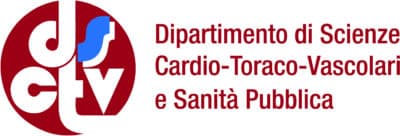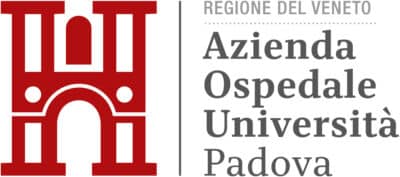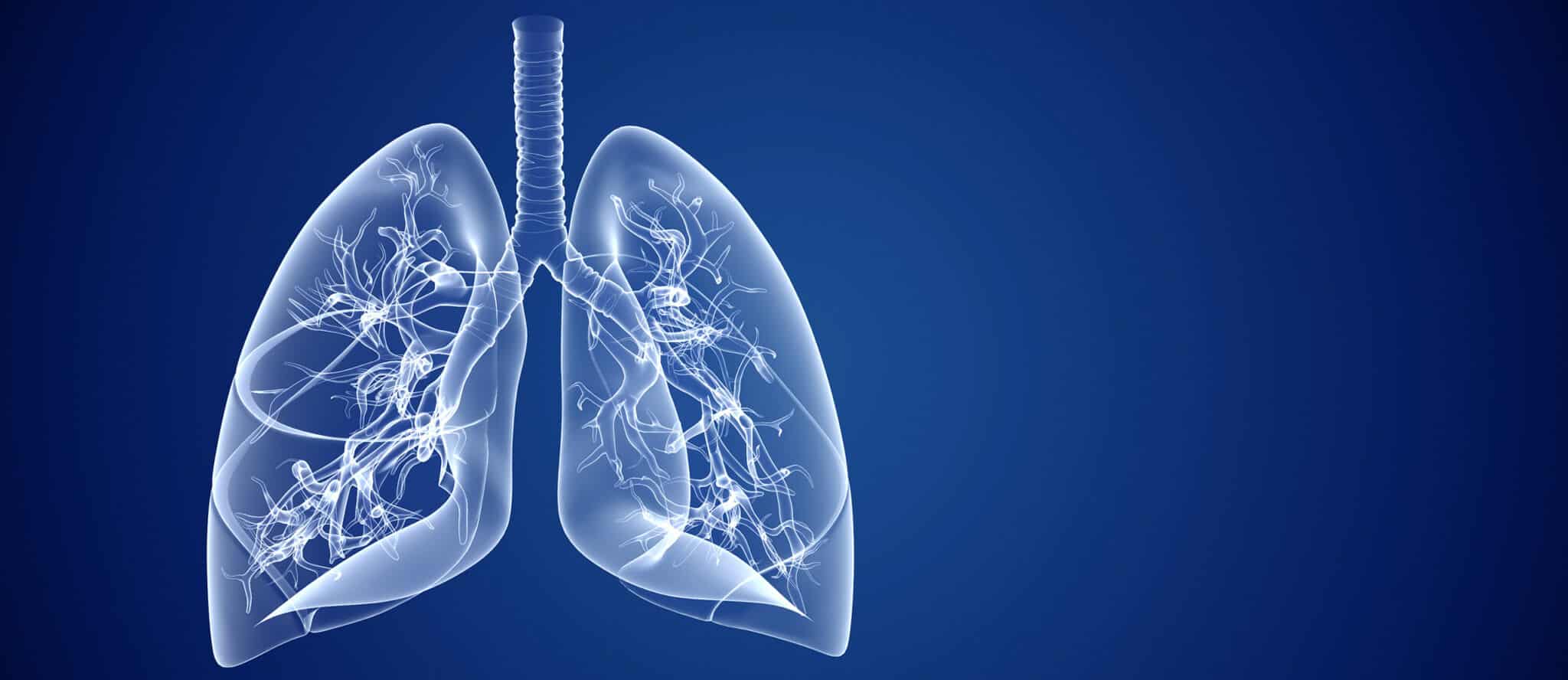

The Post-Graduate Course in Technical Indications and Management of Extracorporeal Cardio-Respiratory Supports in Transplant and Non-Transplant Thoracic Surgery stems from the constant and stringent need for thoracic surgeons and thoracic anaesthesiologists to acquire greater skills in the field of circulatory and respiratory supports, which are more and more often used during thoracic surgeries and to manage post-surgery complications.
The goal is offering an advanced course, in light of the field evolution over the last years, where the use of devices for extracorporeal cardio-respiratory support in thoracic surgery is finding more and more applications, both in transplant surgery and in lung and airways functional oncological surgery.
The Post-Graduate Course in Technical Indications and Management of Extracorporeal Cardio-Respiratory Supports in Transplant and Non-Transplant Thoracic Surgery presents the techniques and tools available on the market to support surgical patients from a respiratory and cardio-respiratory standpoint. In detail, it covers indications, procedures and results, with particular reference to the use of extracorporeal membrane oxygenation (ECMO), for lung transplant and airways surgery.
Attendees will acquire competences in using and managing extracorporeal supports applied to thoracic surgery, specifically, during lung transplant and major non-transplant thoracic surgeries, and in managing thoracic surgery complications, and as a bridge to lung transplant.
The Post-Graduate Course in Technical Indications and Management of Extracorporeal Cardio-Respiratory Supports in Transplant and Non-Transplant Thoracic Surgery is addressed to thoracic surgeons, anaesthesiologists, intensive care specialists, pneumologists, and, in particular, those that carry out their medical practice in thoracic surgery or in a clinic for lung and/or heart-lung transplant.
The most interesting field is the transplant sector, where the use of ECMO and other extracorporeal circulation methods is becoming a routine.
Over the last years, we are witnessing also a further diffusion of these techniques in other thoracic surgery fields, including non-transplant sectors, such as airways surgery, locally advanced thoracic cancer, traumas.
The Post-Graduate Course in Technical Indications and Management of Extracorporeal Cardio-Respiratory Supports in Transplant and Non-Transplant Thoracic Surgery includes the following modules:
- Extracorporeal cardio-circular supports as bridge to lung transplant
- Intra-surgical use of extracorporeal cardio-circular supports in lung transplants
- Use of extracorporeal cardio-circular supports in non-transplant thoracic surgery
It also covers VV, VA ECMO systems, CO2 extracorporeal removal devices, their applications in thoracic surgery, indications, methods of use, management and surgical techniques.
The Post-Graduate Course in Technical Indications and Management of Extracorporeal Cardio-Respiratory Supports in Transplant and Non-Transplant Thoracic Surgery is held in-person. It comprises in-person lessons and traineeships, with the option of acquiring experience on cannulation techniques in a wet lab, with human and animal cadaver models (pork model).
The training course lasts one year, at the Thoracic Surgery and Anaesthesia and Intensive Care Unit (ISTAR 3) of the Padua University Hospital, and the ISMETT of Palermo.
In-person lessons are held at the University, and partially as webinars. The observational clinic section is held in the ward and surgery unit of the Thoracic Surgery and Anaesthesia and Intensive Care Unit (ISTAR 3), all located in the Padua Medical Hospital.
The simulation portion is held between the Medical Hospital and the Anatomy Institute of the University of Padua, while part of the simulations on animal model will be held at the ISMETT in Palermo.
The general ranking of merit for the academic year 2023/24 will be published on the Italian page of this Course according to the timing provided in the Call.
Information
FAQ
No, there won’t be any medical care on patients. The course only includes observational and hands-on-courses on simulators, animal models and cadavers.
It is mandatory to attend at least 70% of the total hours of lessons of the post-graduate course.
A preferential requirement is possessing a specialization in thoracic surgery and/or cardiac surgery and/or anaesthesia and intensive care unit and/or pneumology and/or cardiology.
Yes, the final exam will be oral.

